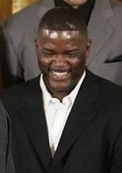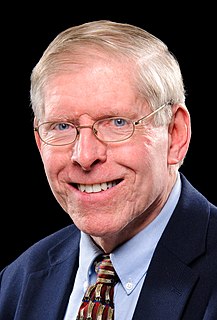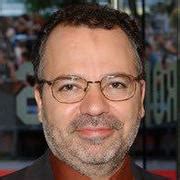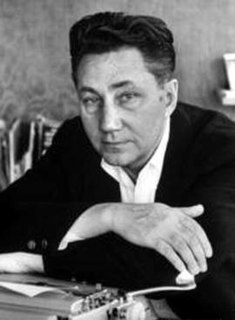A Quote by Sai Pallavi
I was drawn to medicine because I'm fond of serving. In college, we go to the orphanage every week, see patients first-hand.
Related Quotes
We can talk about the value of sportsmanship on one hand, and on the other hand, the leading shots, highlights ... you see every night are the outrageous and unsportsmanlike, so I think there is a double standard here. On the one hand, we complain about it, on the other hand it's the first thing you see every night.
If I have a rare Saturday night when I can go out to see a movie, I look at the paper and I go, 'Hmm, what's the best medicine for my mind?' I'm going, 'What's the most escapist, fun entertainment I can go to?' So I think that's number one, first and foremost, because that's why I think people go to movies. It's a bonus that there's something real.
We'll work on relaxation strategies and also changing the times you go to bed will actually make them sleep a little bit less for a few nights so their body's natural sleep drive starts to kick in. That is very effective in about 60% to 70% of patients who do it, four to eight sessions, not even every week; it works for 60% to 70% of patients.
When I was little I knew my father had been an orphan and had lived in an orphanage. I was curious, but my father wouldn't satisfy my curiosity. He told only one story about the orphanage, and that was of sneaking out and buying candy, which he sold to other orphans. He said he had a pretty good business going - till he was busted! I guess he told that anecdote because he was the hero of it and I suspect he was rarely the hero as a child, more often the victim. There's a photo of the actual orphanage on my website, and you can see it's a forbidding looking place.



































